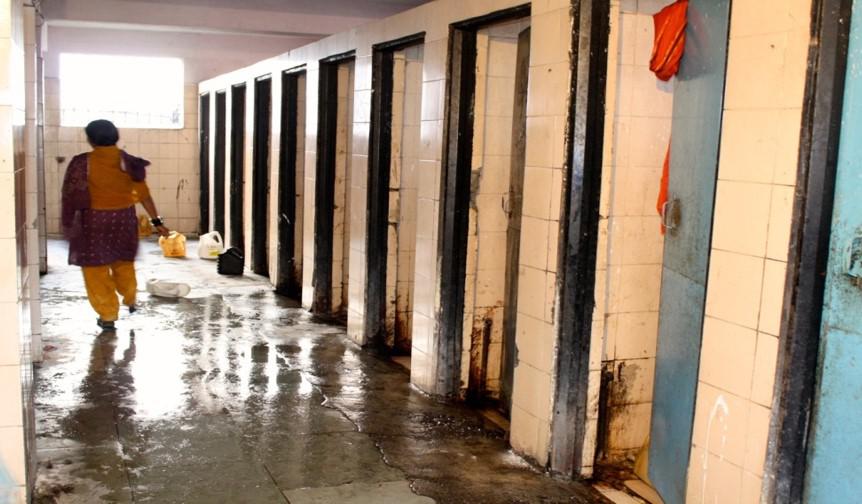Sanitation Vulnerability

About
The last in a series of four SHARE-WSSCC co-funded studies, this project aimed to ascertain whether gendered violence is symptomatic of power inequalities in society and whether those inequalities manifest themselves in women's psychosocial stress and translate into women's decisions about where to relieve themselves.
Taking place in Maharashtra and Rajasthan, the study found that women had very few choices regarding where to relieve themselves. Public toilets, when available, were always poorly maintained, and where they were not available, women had to use open spaces nearby. Women’s experiences of psychosocial stress varied across caste, class, age, kind of sanitation facility and location of the slums, with caste being the most prominent determining factor for women’s ease of using open defecation spaces.
Overall, sanitation, both in the form of open defecation and pit toilets, was found to maintain the status quo of unequal gender relations. The study concluded that adequate sanitation without attention to gendered relations of power puts the burden of safety on women, and does not address the caste and gender-based patterns of violence against women. A differential treatment of the problem is needed.
